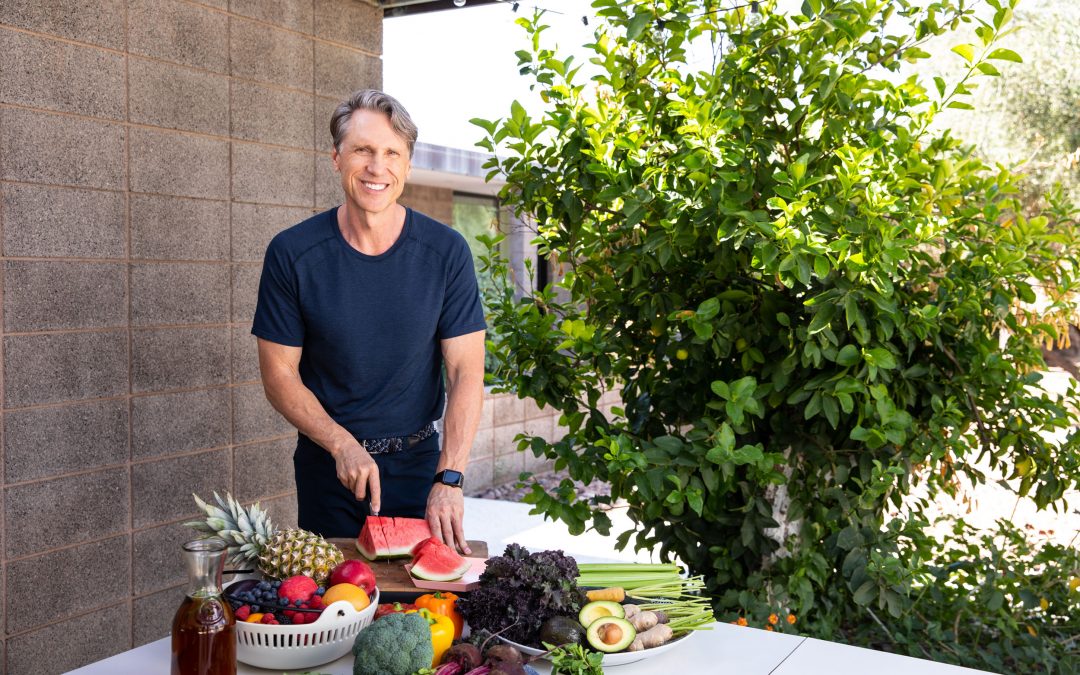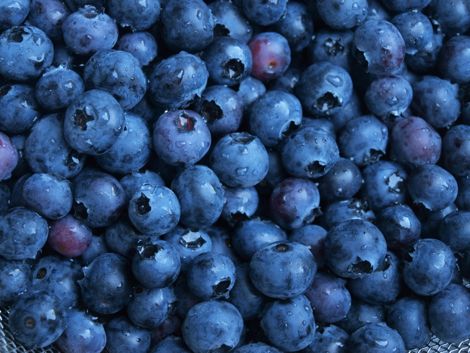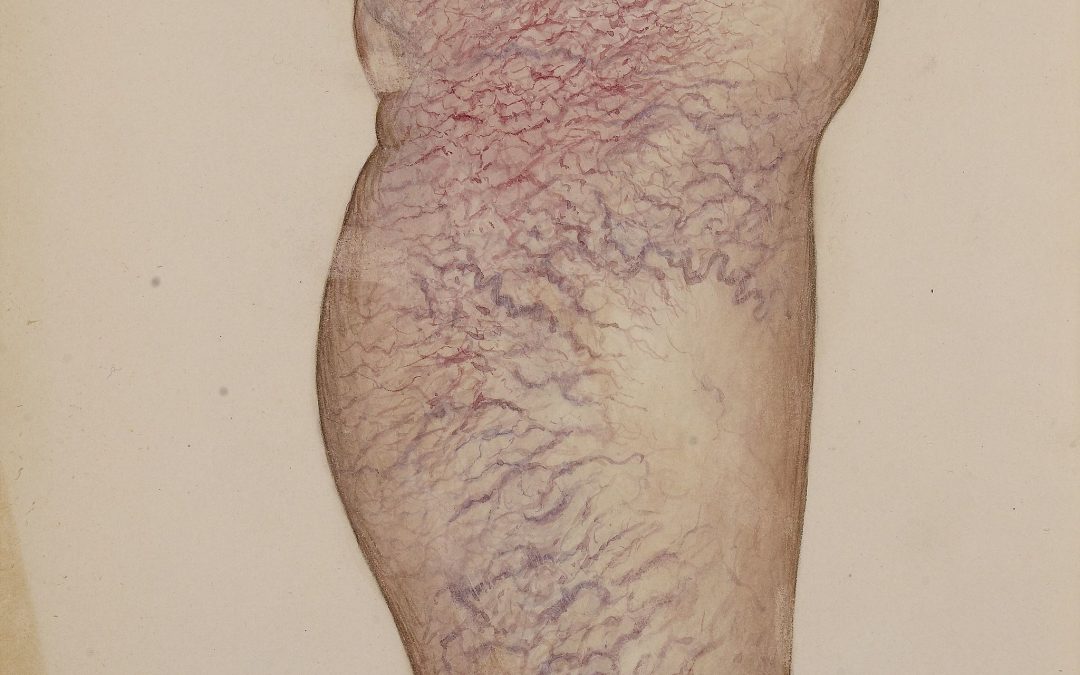
by Dr. Michael Murray | Jan 15, 2020 | Most Recent, Natural Facts
Huperzine A: An Underappreciated Solution to the Aging Brain Sometimes the popularity of a natural product is based more on great marketing rather than scientific merit. And, sometimes, very effective and scientifically validated natural products never achieve any...

by Dr. Michael Murray | Dec 24, 2019 | Most Popular, Most Recent
A Holiday Gift for You! I have a phenomenal gift for you this Holiday Season. It is something that is going to make a difference in your life immediately. And, the great thing about this gift is that you can give it to yourself every day and it is absolutely free. It...

by Dr. Michael Murray | Aug 13, 2019 | Most Recent, Natural Facts
Introduction: Blueberries are among the most important foods for good health. The diverse and wondrous health benefits of blueberries are primarily due to their high content of specialized pigments known as anthocyanins. These special flavonoids are responsible...

by Dr. Michael Murray | Jun 18, 2019 | Most Popular, Most Recent, Natural Facts, Sleep Disorder
agsdi-doctor New blood markers that reflect risk for Alzheimer’s disease (AD) are uncovering important modifiable risk factors to be aware of to dramatically reduce the likelihood of ever suffering from this cruel disease. The latest study shows that just one night of...

by Dr. Michael Murray | May 22, 2019 | Health Conditions, Most Recent, Natural Facts
Natural Support for Vein Health With summer almost here, I wanted to take the opportunity to highlight some natural treatments for varicose veins. Although they are primarily a “cosmetic” issue, vein health may represent the overall health of connective tissue and our...

by Dr. Michael Murray | Apr 30, 2019 | Most Recent, Natural Facts, Sleep Disorder
In an “it’s about time” move, the US Food and Drug Administration (FDA) has mandated that drug companies put what is referred to as a “black boxed” warning on certain prescription sleeping pills. These drugs have long been reported to cause injury and death resulting...









